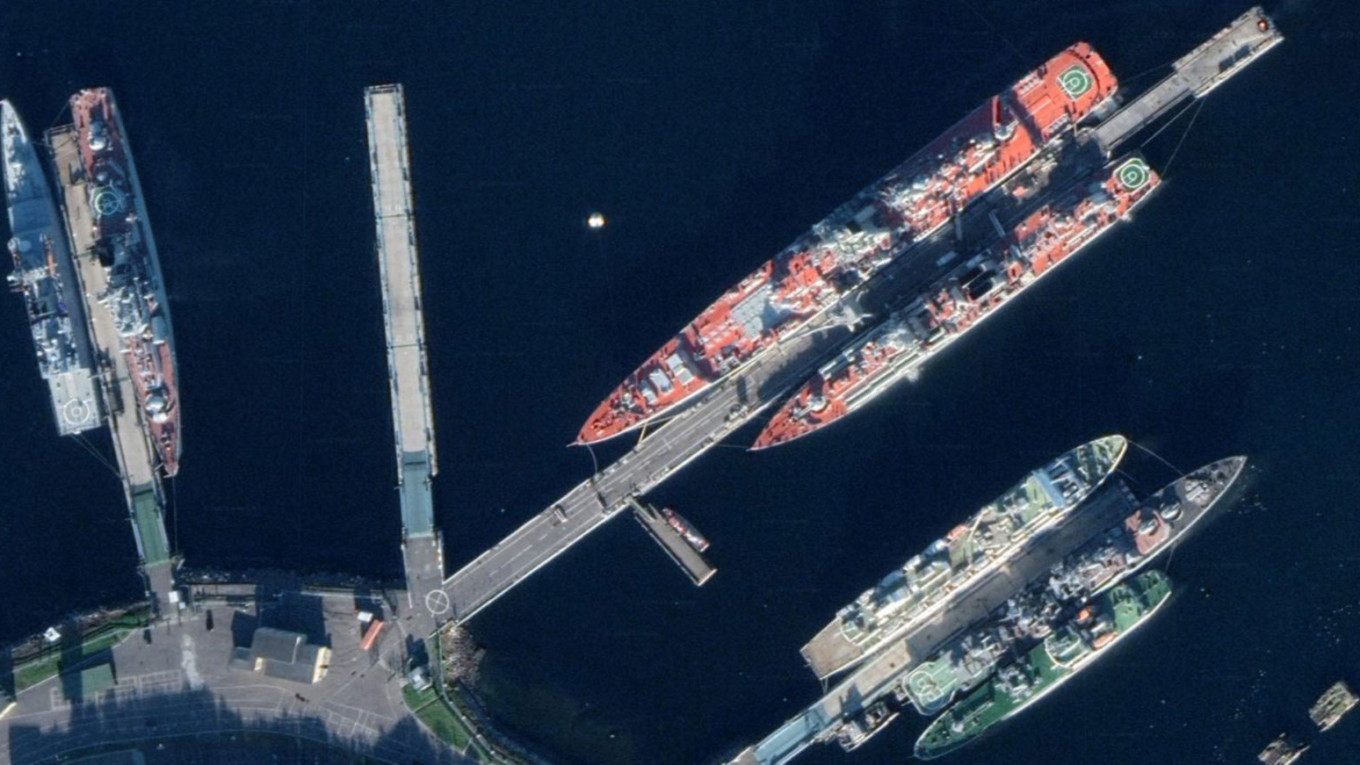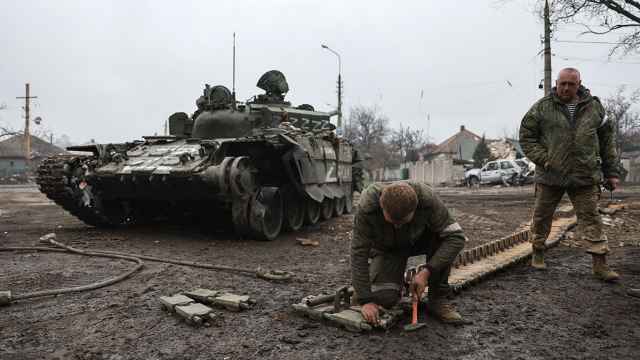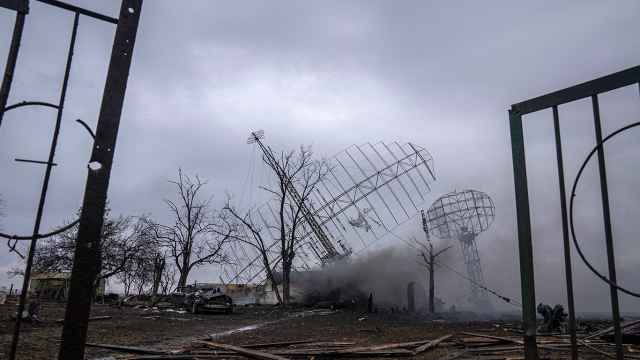This story was corrected at 8:39 a.m. on Tuesday to include a denial by Google Maps, and an update on images circulating online.
Google Maps denied reports Monday that it had made Russia’s strategic facilities visible to users, allegedly revealing details of the country’s military infrastructure.
“We haven’t made any blurring changes to our satellite imagery in Russia,” Google spokesperson Genevieve Park said in an email quoted by U.S. media site The Verge.
Images circulating online Monday of nuclear weapons stores, submarines, and military bases in Russia were likely genuine, but visible on Google Maps long before the conflict in Ukraine.
The reports of Google removing the blurring were widely shared on social media.
“Now everyone can see [Russian military infrastructure] with a resolution of about 0.5 meters per pixel,” tweeted an account linked to the Ukrainian armed forces.
The incident came amid strained relations between Russia and U.S. tech giant Google.
Google banned advertisements for Russian users following the Kremlin’s invasion of Ukraine, and Russian officials have accused Google-owned YouTube of stirring an “information war” after the video-hosting platform blocked Russian state media.
Satellite images of military facilities are sometimes blurred by Google Maps, or displayed in lower quality, to protect their classified status.
A Message from The Moscow Times:
Dear readers,
We are facing unprecedented challenges. Russia's Prosecutor General's Office has designated The Moscow Times as an "undesirable" organization, criminalizing our work and putting our staff at risk of prosecution. This follows our earlier unjust labeling as a "foreign agent."
These actions are direct attempts to silence independent journalism in Russia. The authorities claim our work "discredits the decisions of the Russian leadership." We see things differently: we strive to provide accurate, unbiased reporting on Russia.
We, the journalists of The Moscow Times, refuse to be silenced. But to continue our work, we need your help.
Your support, no matter how small, makes a world of difference. If you can, please support us monthly starting from just $2. It's quick to set up, and every contribution makes a significant impact.
By supporting The Moscow Times, you're defending open, independent journalism in the face of repression. Thank you for standing with us.
Remind me later.






